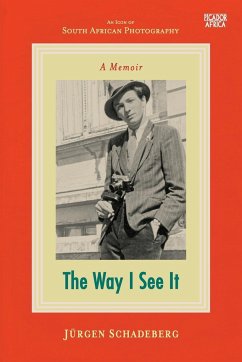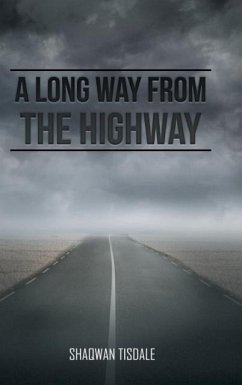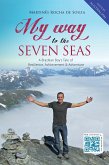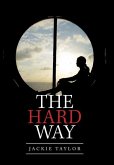Many of the photographs are as familiar as they are iconic: Nelson Mandela gazing through the bars of his prison cell on Robben Island; a young Miriam Makeba smiling and dancing; Hugh Masekela as a schoolboy receiving the gift of a trumpet from Louis Armstrong; the Sophiatown removals; the funeral of the Sharpeville massacre victims … Photographer Jürgen Schadeberg was the man behind the camera, recording history as it unfolded in apartheid South Africa. His empathy for the displaced, the persecuted and the marginalised was already deeply rooted by the time he came to South Africa from Germany in 1950 and began taking pictures for the fledgling Drum magazine. Schadeberg's first-hand experiences as a child in Berlin during the Second World War are vividly told. As the only child of an actress, who left her son largely to his own devices, Schadeberg became skilled at living by his wits, and developed a resourcefulness that stood him in good stead throughout his life. With some luck and a great deal of perseverance, he was able to pursue his interest in photography in Hamburg, undergoing training as an unpaid 'photographic volunteer' at a press agency, then graduating to taking photos at football matches. After two years, Schadeberg made the decision to travel to South Africa. He arrived in Johannesburg on a cold winter's morning. He had a piece of paper with his mother's address on it, his worldly possessions in a small, cheap suitcase on the station platform beside him, and his Leica camera, as always, around his neck.
Hinweis: Dieser Artikel kann nur an eine deutsche Lieferadresse ausgeliefert werden.
Hinweis: Dieser Artikel kann nur an eine deutsche Lieferadresse ausgeliefert werden.








